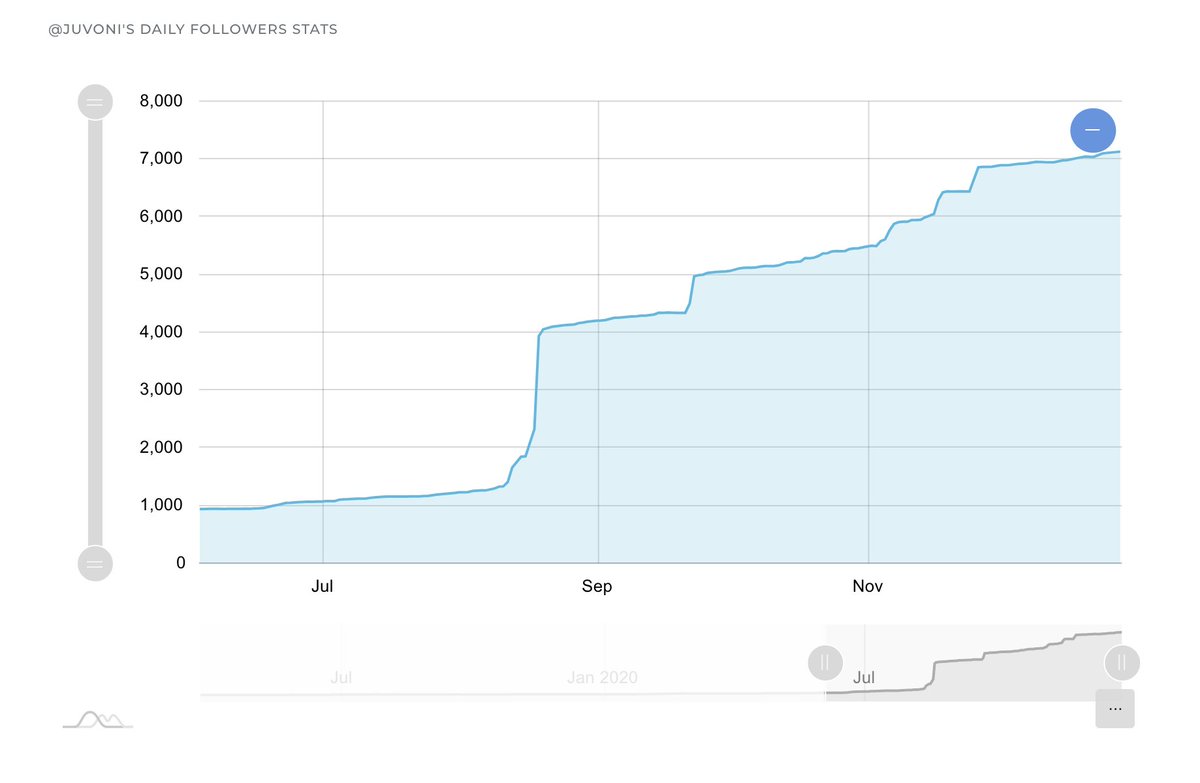
1. This is "Hollie The Card".
She's a Doctor, Physician, PhD, MA, Clinical Psychologist, Hospital Consultant, PTSD consultant, Long Covid Consultant.
(Thread)

A “Hospital Consultant”, would probably mean a senior doctor, in the UK at least.


With some high profile followers, like TV's Eammon holmes. And radio host Mark Dolan.
Former Kremlin advisor Alexander Nekrassov (Twitter username: StirringTrouble), follows Hollie too.

@Femi_Sorry, a British political activist
and
@DavidLammy, a British MP.

She’s tweeted mostly negative things and insults at @DavidLammy, more than 300 times.
Neither of them have ever replied, so the messages could be defined as unwanted trolling.
The real people want to know!”
- Signed the Oxford/Luxembourg Doctor Academic Author Gymnast PhD Long Covid Medical Consultant Lecturer.

But her public comments are unambiguous.


As she has used many different spellings and names over the past 15 years.
Including “Hillary Faversham” in the mid 2000s. On her old website from that time.

The account used to be called @ HollieCardiff before it was Hollie The Card.

There doesn’t appear to be anyone called “hollie”.


The last couple of seconds of this video, show his face, as he tried to upload a video of Hollie.

Can you please tell me which hospital your doctor….friend…is currently a front line NHS doctor at?
Thankyou!"

But thankfully her Doctorly advice doesn’t seem to include covid denial, or anti-vax stuff.
But not everyone has the right to claim to be a doctor.
Or send near-daily harassment to political opponents.
More from Twitter
Inside: Dependency Confusion; Adam Curtis on criti-hype; Catalytic converter theft; Apple puts North Dakota on blast; and more!
Archived at: https://t.co/Osts9lAjPo
#Pluralistic
1/

This weekend, I'll be participating in Boskone 58, Boston's annual sf convention, where I'm doing panels and a reading.
https://t.co/2LfFssVcZQ
2/
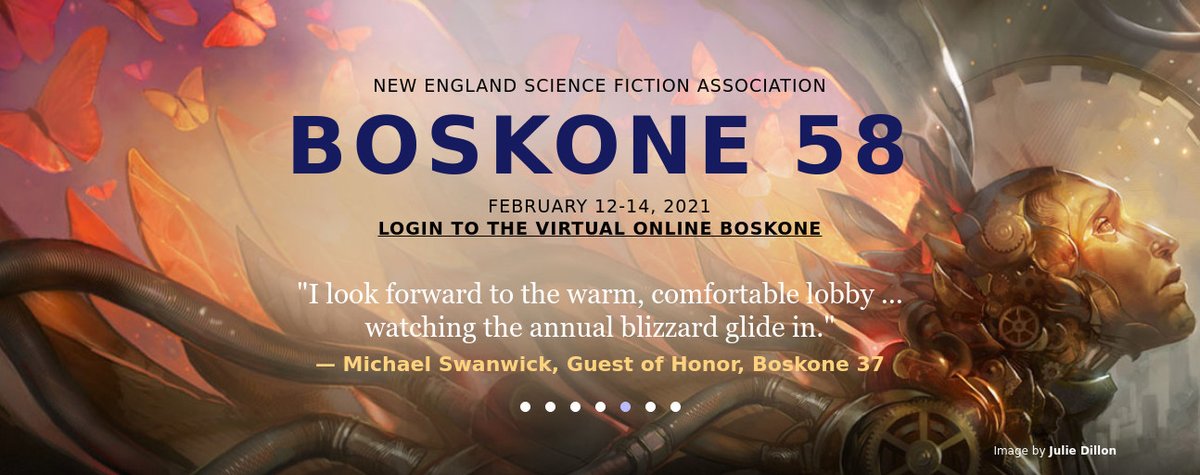
Dependency Confusion: A completely wild supply-chain hack.
https://t.co/TDRNHUX0Ug
3/

In "Dependency Confusion," security researcher @alxbrsn describes how he made a fortune in bug bounties by exploiting a new supply-chain attack he calls "dependency confusion," which allowed him to compromise "Apple, Microsoft and dozens of others."https://t.co/hn32EmF5qT
— Cory Doctorow #BLM (@doctorow) February 10, 2021
1/ pic.twitter.com/eqFr3GXlyX
Adam Curtis on criti-hype: Big Tech as an epiphenomenon of sociopathic mediocrity, not supergenius.
https://t.co/MYmHOosTk3
4/
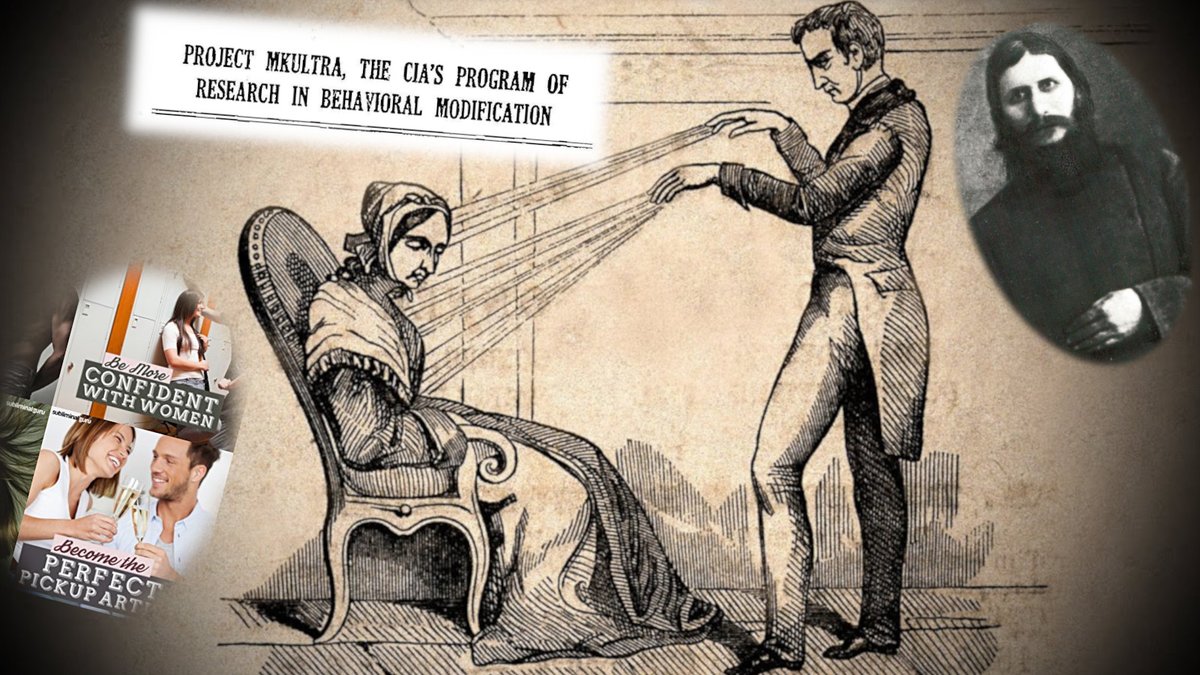
Adam Curtis is a brilliant documentarian, and films like Hypernormalization and series like All Watched Over by Machines of Loving Grace had a profound effect on my thinking about politics, technology and human thriving.
— Cory Doctorow #BLM (@doctorow) February 11, 2021
1/ pic.twitter.com/gydJK358BX
Catalytic converter theft: Rhodium at $21,900/oz.
https://t.co/SDMAXrQwdd
5/
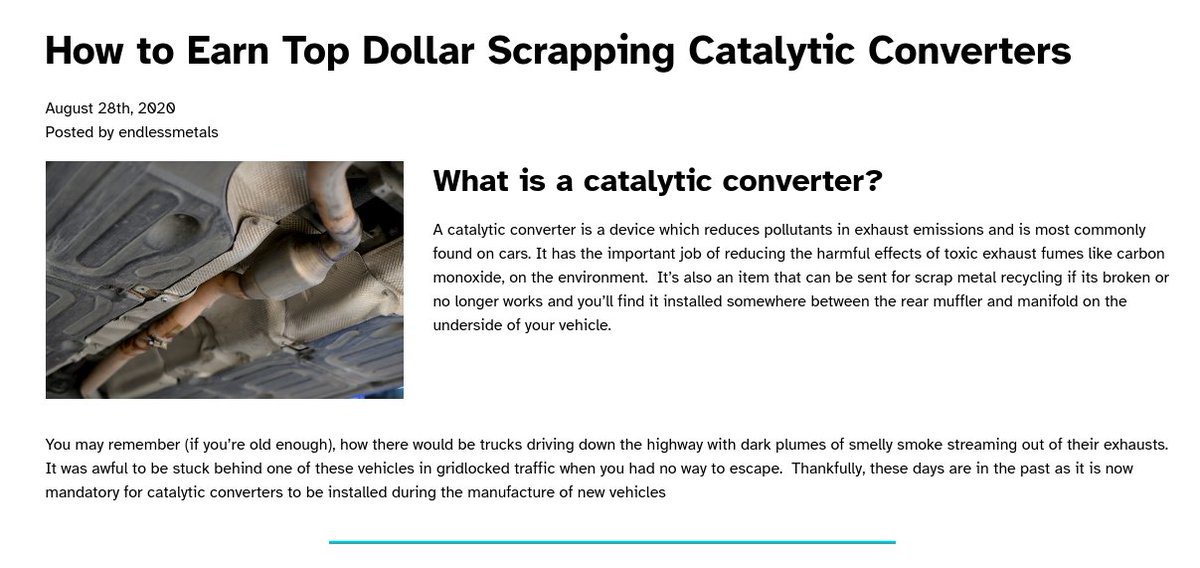
Back in the early 2010s, people started falling into open sewer entrances in New York City and other large metros - because a China-driven spike in the price of scrap metal, combined with post-2008 unemployment, gave rise to an army of metal-thieves.https://t.co/gtD72IDCPn
— Cory Doctorow #BLM (@doctorow) February 11, 2021
1/ pic.twitter.com/gdgVJoMoY8
I bookmark everything that looks interesting and go there when in need of inspiration.
This is a thread-recap of the best-saved tweets from 2020 (for me at least) and what you can steal from each one. 🧵👇
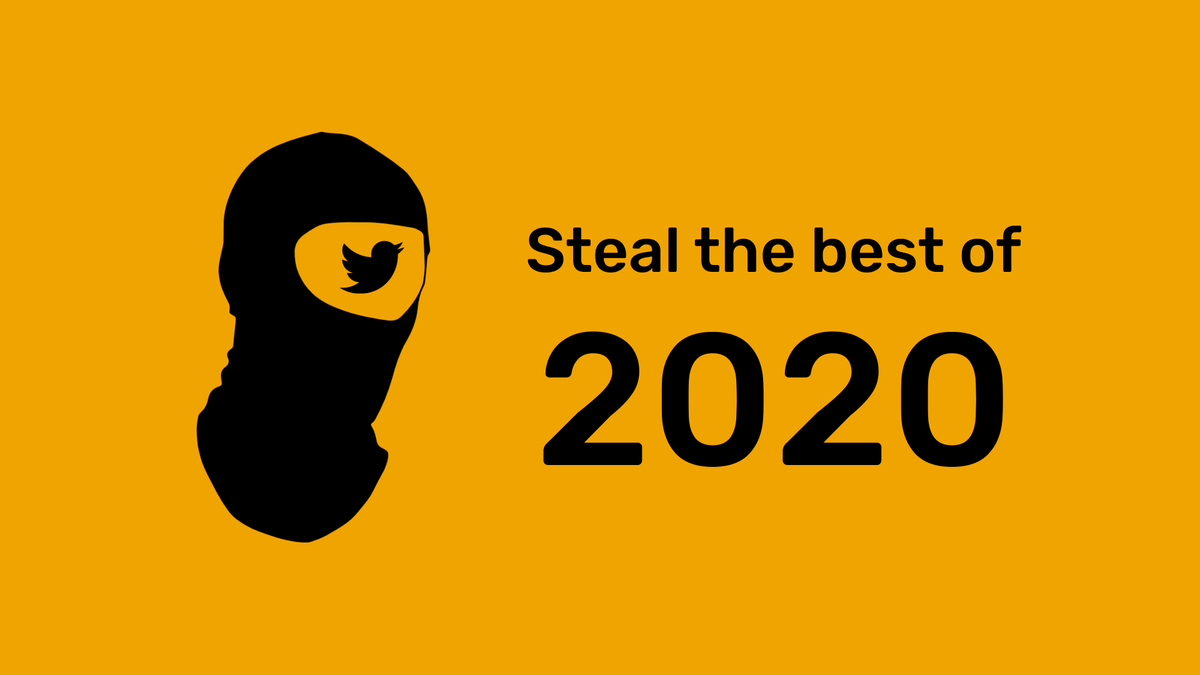
The year chart by @jakobgreenfeld
What to steal: the idea and the design
Create a chart with the key moments of your growth. It's a great reflective exercise for you and it can be a great learning experience for your
Here's roughly how I grew from 0 to 1400 followers in 4 months. pic.twitter.com/NqY54cWXpC
— Jakob Greenfeld (@jakobgreenfeld) December 15, 2020
Let's collaborate by @aaraalto
What to steal: the idea.
Creating a blank piece of content (could be a sentence, a design, a video...) that your audience can later
Let's collaborate
— Aaron Aalto (@aaraalto) December 17, 2020
Step 1: Take this image
Step 2: Be creative with it
Step 3: Reply with your creation pic.twitter.com/xCcCShLvdI
Advice to first-time info product creators by @dvassallo
What to steal: the insight
This tweet was one of the sparks for me writing the Twitter Thief ($1,3k revenue says it's good
My advice to first-time info product creators:
— Daniel Vassallo (@dvassallo) July 26, 2020
1. Start with a very small product.
2. Choose a topic you know well that will almost write itself. Avoid doing research.
3. Timebox production to 2 weeks.
4. Charge $10.
5. Promote it!
All the lessons are in #5. Best of luck!
How to be a better writer by @JamesClear
What to steal: the insight
A world-class writer giving free writing lessons. The tweet is from 2019 but I discovered it this
How to be a better writer:
— James Clear (@JamesClear) July 5, 2019
-write about what fascinates you
-make one point per sentence
-use stories to make your point
-cut extra words like \u201creally\u201d and \u201cvery\u201d
-read the whole thing out loud
-post publicly (you\u2019ll try harder when you know others will read it)
What else?
You May Also Like
A thread 👇
https://t.co/xj4js6shhy
Entrepreneur\u2019s mind.
— James Clear (@JamesClear) August 22, 2020
Athlete\u2019s body.
Artist\u2019s soul.
https://t.co/b81zoW6u1d
When you choose who to follow on Twitter, you are choosing your future thoughts.
— James Clear (@JamesClear) October 3, 2020
https://t.co/1147it02zs
Working on a problem reduces the fear of it.
— James Clear (@JamesClear) August 30, 2020
It\u2019s hard to fear a problem when you are making progress on it\u2014even if progress is imperfect and slow.
Action relieves anxiety.
https://t.co/A7XCU5fC2m
We often avoid taking action because we think "I need to learn more," but the best way to learn is often by taking action.
— James Clear (@JamesClear) September 23, 2020
Funny there are those who think these migrant caravans were a FANTASTIC idea that's going to take the immigration issue away from you.
— Brian Cates (@drawandstrike) November 26, 2018
Like several weeks watching a rampaging horde storm the fences & throw rocks at our border patrol agents & getting gassed = great optics!
This media manipulation effort was inspired by the success of the "kids in cages" freakout, a 100% Stalinist propaganda drive that required people to forget about Obama putting migrant children in cells. It worked, so now they want pics of Trump "gassing children on the border."
There's a heavy air of Pallywood around the whole thing as well. If the Palestinians can stage huge theatrical performances of victimhood with the willing cooperation of Western media, why shouldn't the migrant caravan organizers expect the same?
It's business as usual for Anarchy, Inc. - the worldwide shredding of national sovereignty to increase the power of transnational organizations and left-wing ideology. Many in the media are true believers. Others just cannot resist the narrative of "change" and "social justice."
The product sold by Anarchy, Inc. is victimhood. It always boils down to the same formula: once the existing order can be painted as oppressors and children as their victims, chaos wins and order loses. Look at the lefties shrieking in unison about "Trump gassing children" today.
It was Ved Vyas who edited the eighteen thousand shlokas of Bhagwat. This book destroys all your sins. It has twelve parts which are like kalpvraksh.
In the first skandh, the importance of Vedvyas

and characters of Pandavas are described by the dialogues between Suutji and Shaunakji. Then there is the story of Parikshit.
Next there is a Brahm Narad dialogue describing the avtaar of Bhagwan. Then the characteristics of Puraan are mentioned.
It also discusses the evolution of universe.( https://t.co/2aK1AZSC79 )
Next is the portrayal of Vidur and his dialogue with Maitreyji. Then there is a mention of Creation of universe by Brahma and the preachings of Sankhya by Kapil Muni.
HOW LIFE EVOLVED IN THIS UNIVERSE AS PER OUR SCRIPTURES.
— Anshul Pandey (@Anshulspiritual) August 29, 2020
Well maximum of Living being are the Vansaj of Rishi Kashyap. I have tried to give stories from different-different Puran. So lets start.... pic.twitter.com/MrrTS4xORk
In the next section we find the portrayal of Sati, Dhruv, Pruthu, and the story of ancient King, Bahirshi.
In the next section we find the character of King Priyavrat and his sons, different types of loks in this universe, and description of Narak. ( https://t.co/gmDTkLktKS )
Thread on NARK(HELL) / \u0928\u0930\u094d\u0915
— Anshul Pandey (@Anshulspiritual) August 11, 2020
Well today i will take you to a journey where nobody wants to go i.e Nark. Hence beware of doing Adharma/Evil things. There are various mentions in Puranas about Nark, But my Thread is only as per Bhagwat puran(SS attached in below Thread)
1/8 pic.twitter.com/raHYWtB53Q
In the sixth part we find the portrayal of Ajaamil ( https://t.co/LdVSSNspa2 ), Daksh and the birth of Marudgans( https://t.co/tecNidVckj )
In the seventh section we find the story of Prahlad and the description of Varnashram dharma. This section is based on karma vaasna.
#THREAD
— Anshul Pandey (@Anshulspiritual) August 12, 2020
WHY PARENTS CHOOSE RELIGIOUS OR PARAMATMA'S NAMES FOR THEIR CHILDREN AND WHICH ARE THE EASIEST WAY TO WASH AWAY YOUR SINS.
Yesterday I had described the types of Naraka's and the Sin or Adharma for a person to be there.
1/8 pic.twitter.com/XjPB2hfnUC






















